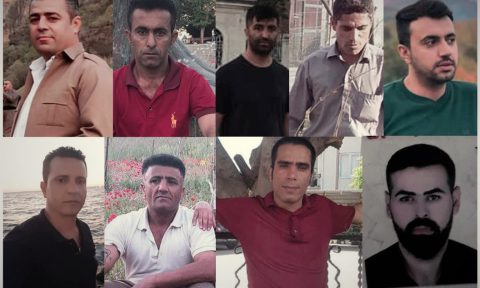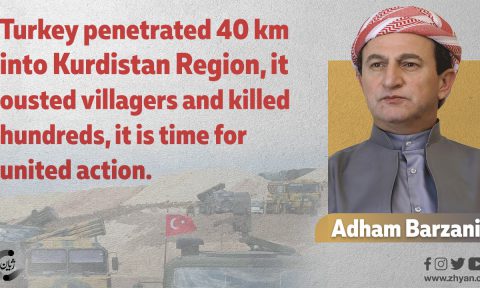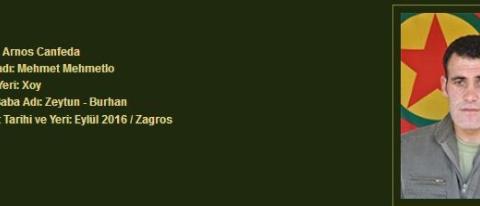Nasser Razazi, a well-known singer who some time ago collaborated with Kurdish armed groups, including Komala, at the beginning of the Islamic Revolution in Iran, and then sharply criticized their actions and broke away, published a video message in which he denied any Kurdish separatism and blamed others for accusing the Kurds of separatism. He has taken a step forward and criticized the Iranian government for failing to annex Kurdish areas separated from Iran – including Kurdistans of Turkey, Iraq and Syria – which were once part of Iranian territory.

In line with the famous Kurdish singer’s statement that the Kurds are Iranians, it must be said that all the historical, cultural and even political facts of the Kurds prove that the Kurds were and are Iranians. Historically, many orientalists and well-known writers, including Minorsky and Rashid Yasemi, consider today’s Kurds to be the remnants of the Medes, who were part of the three groups of Medes, Parthians, and Persians and entered the Iranian plateau. Even various Iranian writers confirm that the Medes were the founders of the government in Iran and were relatives to the Achaemenids. All historians emphasize that because of this kinship, the Medes were always present in the sensitive state and military posts of the Achaemenids because they were both Iranians.

For several centuries, the Kurds never sought to establish a separate government because they considered Iran as their own land and considered themselves as Iranian. It should not be assumed that Iran belongs only to the Persian ethnic. Iran is a collection belonging to all Iranian ethnic groups.

The most important document about the Iranianness of the Kurds is the undeniable linguistic commonalities even in the present era. Some may criticize historical and archaeological data and interpret them as they see fit, but Kurdish and Persian commonalities, like other languages of the Iranian family, block any biased interpretation. It is not without reason that Orientalists have included Kurdish in the category of Iranian languages. Kurdish and Persian commonalities are not just words, but fundamental and structural. No Kurdish linguist – and scientologist – can deny this because it is undeniable and very transparent.
On the other hand, historical sources explicitly state that all modern Kurdish areas in Turkey, Syria and Iraq were part of Iran until the Safavid period, due to the weakness of the Safavid government and of course their misconduct in various fields, including the tribes in the border areas allowed the Ottoman sultans to seize the opportunity and occupy all of these areas, and even today Recep Tayyip Erdogan is moving in the same direction with the same expansionist policy. Sharafnameh, which is the oldest detailed and specific source on Kurdish history and was written by a famous Kurdish emir named Sharafkhan Bitlisi, discusses in detail the division of Kurdish tribes and their relationship with other Iranian tribes, including Lor and Fars, cultural commonalities such as the story of Rostam and Zal of Shahnameh and introduces as far as Diyarbakir – in the present Turkey – as the territory of Iran. The Battle of Chaldran was an important and accelerating factor for further occupation of Iranian territory from Diyarbakir to the current political borders of Iran and Turkey.

Just as Russia was able to annex the Russian-speaking Crimean Peninsula and a historic part of ancient Russia, in line with Nasser Razazi’s remarks, it is Iran’s natural right to claim land and demand the annexation of Turkish, Iraqi and Syrian Kurdistans. Sovereign international relations, the resulting sovereignty, having or not having the necessary power, or any other reason or obstacle, never cancel this territorial right.
Today, the situation of the Kurds in Turkey and Syria is very bad, and in Iraq it varies according to the strength or weakness of the central government. In Turkey, even the existence of the Kurds and their language is denied, in Syria, even a few hundred thousand Kurds have not had identity cards for decades. In Iran, however, even a province is officially named after Kurdistan, something unthinkable for the Kurds in Turkey.
Therefore, as Mulla Mustafa Barzani said, wherever there is Kurdish, there is Iran. Ehsan Nouri Pasha, the leader of the Ararat uprising against Turkey, also emphasizes the Iranianness of the Kurds in his books written in Persian.










